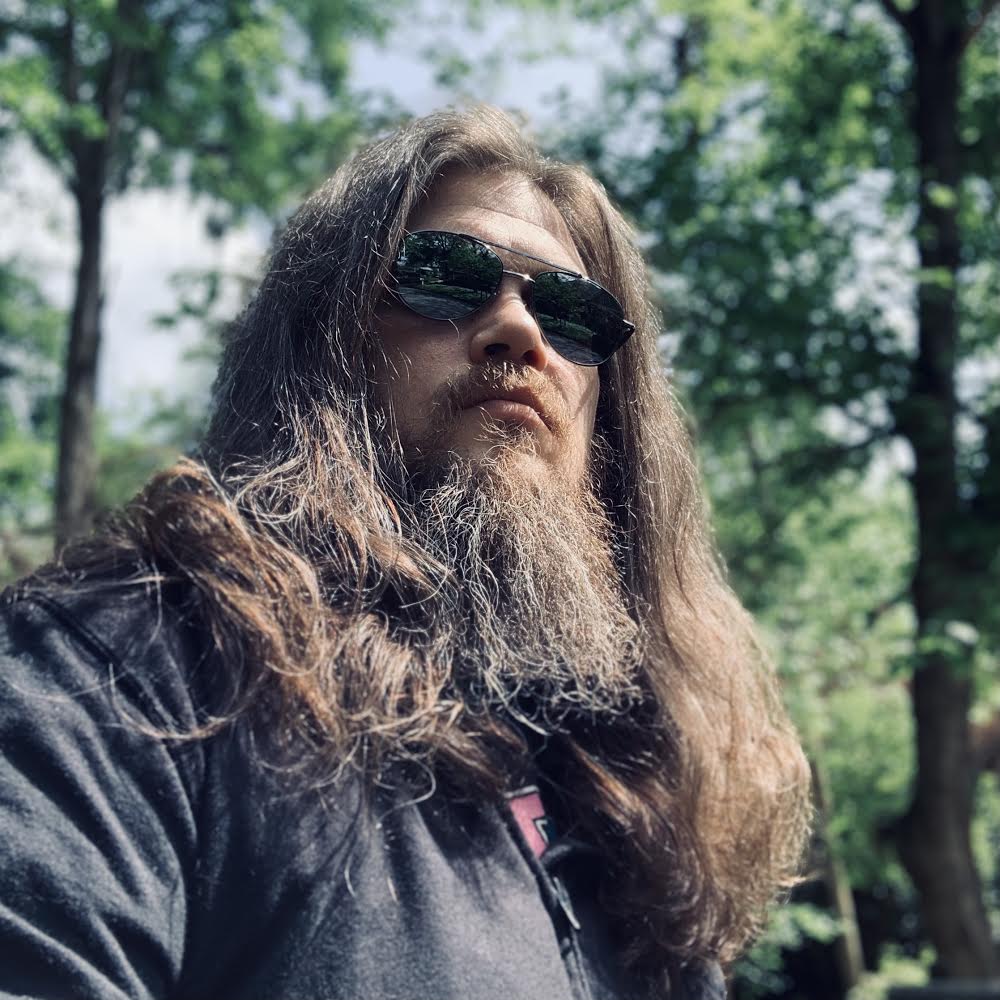A legal dispute is heating up between Disney and the creators of Marvel characters Spider-Man, Thor, Black Widow, Iron Man, and more
The creators of Marvel Comics characters such as Spider-Man, Thor, and Black Widow are involved in a legal dispute with Disney for copyright ownership
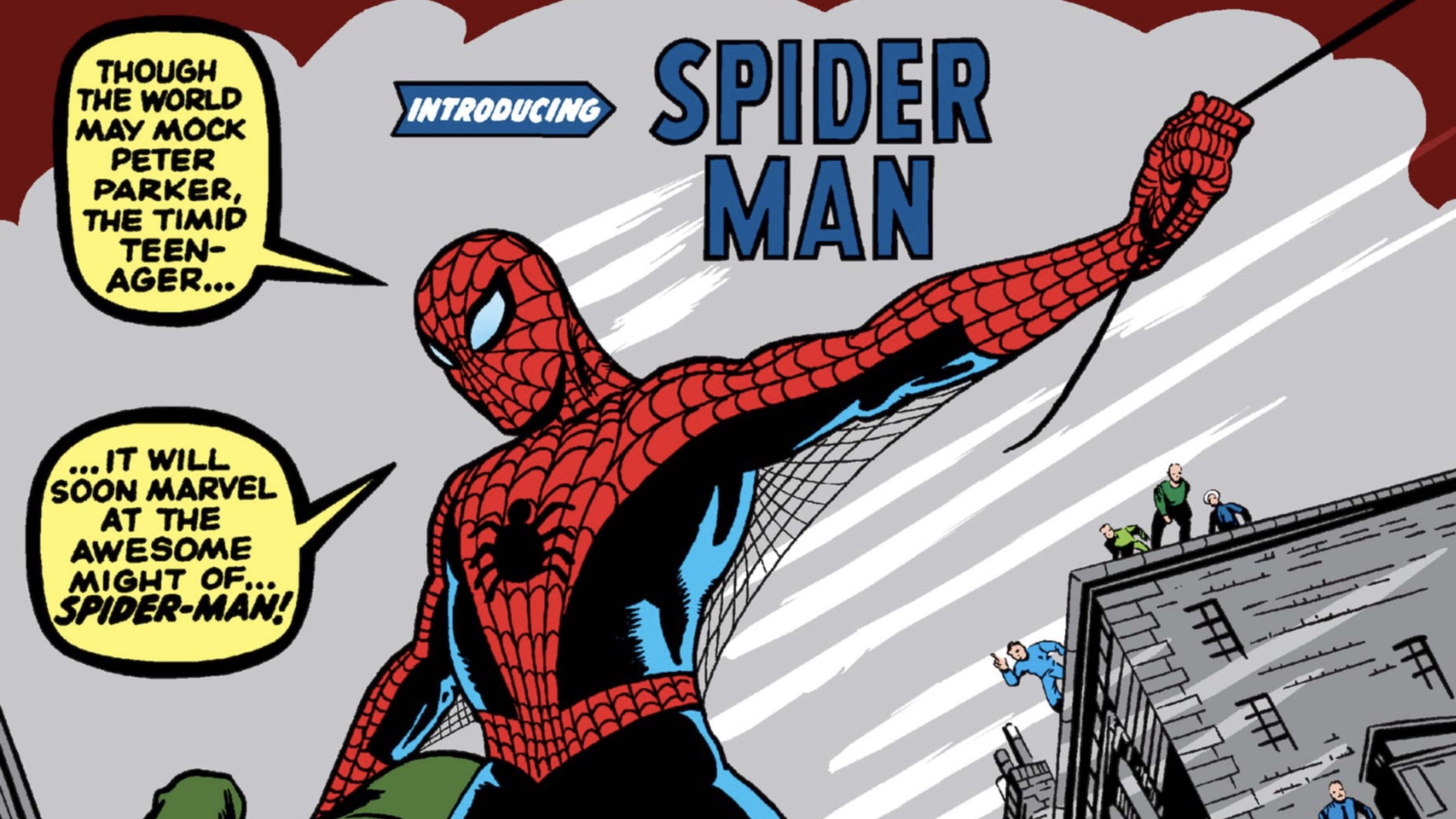
The creators of some of Marvel Comics' most prominent characters have collectively filed lawsuits against Marvel's parent company The Walt Disney Company with the intent to reclaim copyright ownership of the characters they created and co-created.
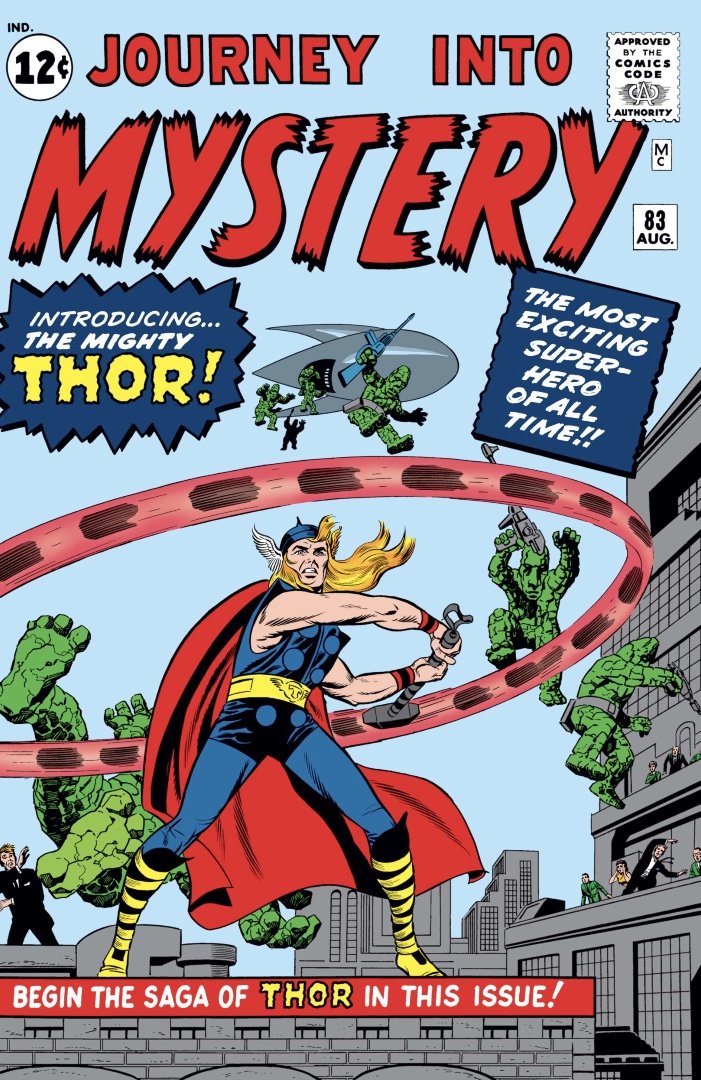
In response, Disney has filed a series of countersuits alleging that all the characters in question were created under work-for-hire contracts, meaning that under the technicalities of current copyright law, the creators of the work could potentially have no claim of ownership over their creations, regardless of the statute of limitations that spells out when the copyrights for most media creations should return to their original creators.
According to the New York Times, who broke the news of the dispute, the initial complaint was filed earlier this year by attorney Marc Toberoff, representing writer/artist Larry Lieber, brother of the late Stan Lee (born Stanley Lieber). Larry Lieber is the co-creator of Iron Man, Thor, and Ant-Man, having scripted some of their earliest appearances. As an artist, Lieber is known for illustrating Marvel's Spider-Man newspaper comic strip for over 30 years.
On September 24, Lieber was joined in his lawsuit against Disney by the estate of late artist Steve Ditko, co-creator of Spider-Man and Doctor Strange; the estate of artist Don Heck, co-creator of Black Widow and Hawkeye; the heirs of writer Don Rico, co-creator of Black Widow; and the heirs of artist Gene Colan, co-creator of Blade, Falcon, and Carol Danvers; all of whom are also represented by Toberoff.
The provisions of the collective lawsuits assert that ownership of copyright over the characters in question should revert to the named creators 60 years after their creation (a term which, for many of the characters in question, would be up starting in 2022) under the Copyright Revision Act of 1976.
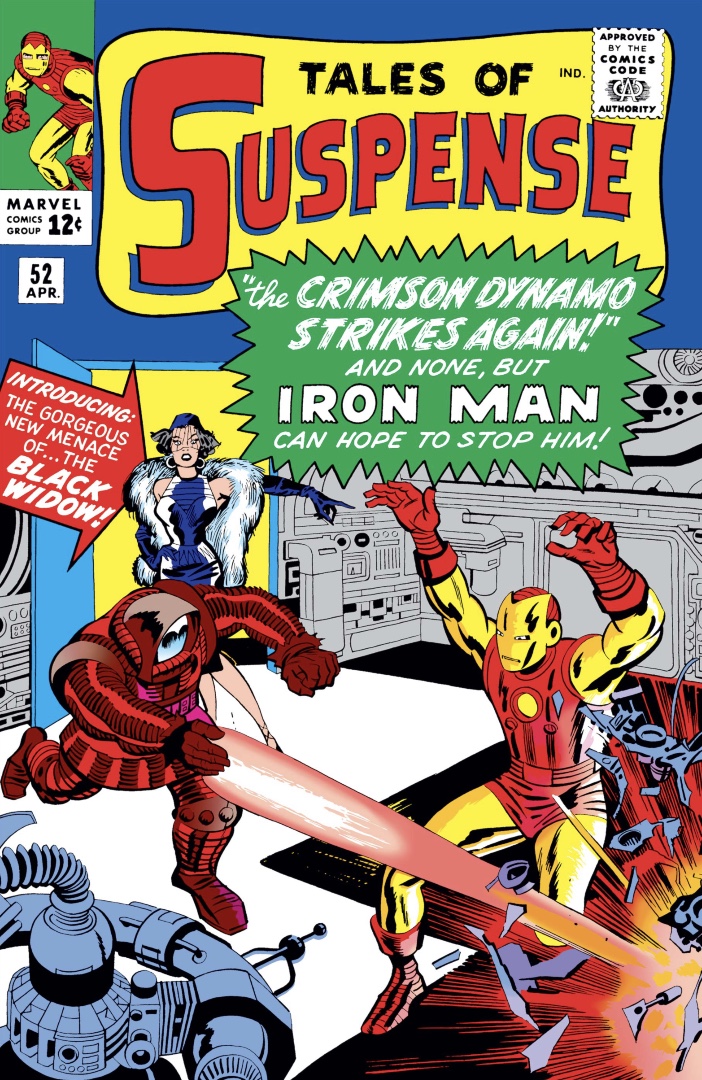
In response, Disney has filed countersuits asking a judge to dismiss all the creators' claims, alleging that the provisions of the 1976 act do not apply in any of the creators' suits. Marvel's countersuits assert that in all cases, the work done by the creators was done at Marvel's request under work-for-hire contracts.
The 1976 act requires the media works in question to have been created independently and sold to another entity to qualify for the revision of copyright to the initial creators, which Marvel asserts does not apply in the cases of any of the creators filing suit against the corporation.
Get the best comic news, insights, opinions, analysis and more!
"Marvel assigned Lieber stories to write, had the right to exercise control over Lieber's contributions and paid Lieber a per-page rate for his contributions," reads Disney's complaint against Mr. Lieber, via the New York Times. "Those conditions render his contributions 'work made for hire,' to which the Copyright Act's provisions do not apply."
Toberoff has a history of representing creators in similar suits, having represented the estate of Jack Kirby (co-creator of the Fantastic Four, Hulk, X-Men, Captain America, and many more Marvel characters) in a similar suit attempting to claim copyright ownership over Kirby's Marvel creations.
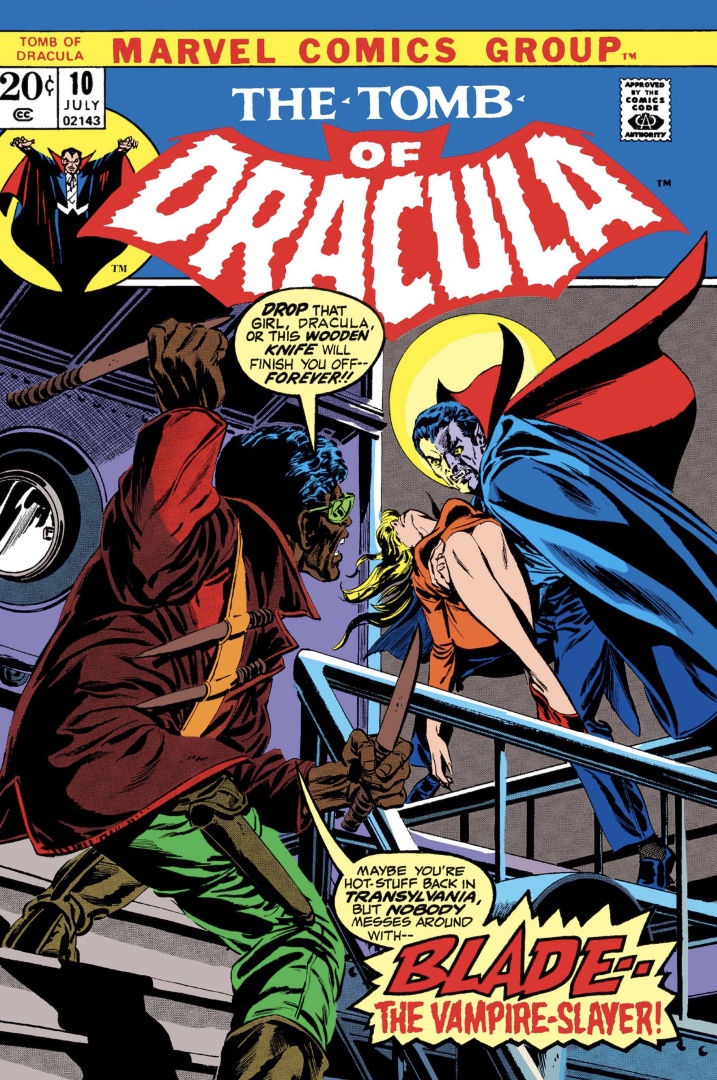
Two courts decided the suit in Marvel's favor, agreeing with Disney's assertion that Kirby created the work at Marvel's request under the terms of a work-for-hire agreement, invalidating his estate's claims under the Copyright Revision Act of 1976. The case was subsequently settled under undisclosed terms.
Previously, Toberoff also represented the estates of Superman creators Jerry Siegel and Joe Shuster against DC parent company Warner Bros. in a similar claim of copyright ownership, though that case was decided in WB's favor.
As for Disney, the corporation has its own reputation for aggressively pursuing permanent ownership of its creations in court, notoriously pursuing a claim for its ownership over the copyright of writer A.A. Milne's creation Winnie the Pooh, which predated the existence of the Disney Corporation.
Disney successfully retained their copyright, later lobbying for an extension to the statute of limitations described in the 1976 act, which was later derisively nicknamed the 'Mickey Mouse Protection Act' after Disney's flagship character.
Some aspects of the early Marvel creative process may have resulted in controversy, but they also ultimately led to the best Marvel Comics stories ever.
I've been Newsarama's resident Marvel Comics expert and general comic book historian since 2011. I've also been the on-site reporter at most major comic conventions such as Comic-Con International: San Diego, New York Comic Con, and C2E2. Outside of comic journalism, I am the artist of many weird pictures, and the guitarist of many heavy riffs. (They/Them)
